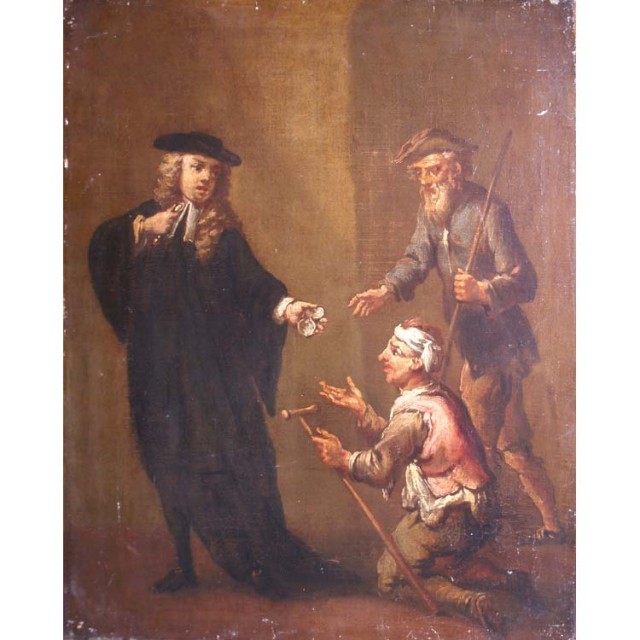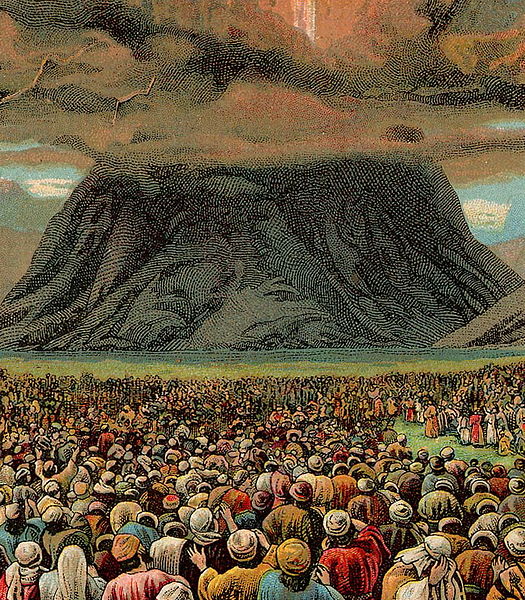The Question:
In Mark 6:8, Jesus appears to allow His disciples to take a staff with them on their mission:
“He charged them to take nothing for their journey except a staff—no bread, no bag, no money in their belts.” (ESV)
But in Matthew 10:10, Jesus seems to say the opposite:
“… no bag for your journey, or two tunics or sandals or a staff, for the laborer deserves his food.” (ESV)
So which account is right? Did Jesus permit His disciples to carry a staff or not? Is this a contradiction in the Bible?
The Answer: No, the Bible Does Not Contradict Itself
The seeming difference between these two passages is not a contradiction, but a matter of context, emphasis, and translation. The Bible is divinely inspired and internally consistent. Scripture affirms,
“All Scripture is breathed out by God and profitable for teaching, for reproof, for correction, and for training in righteousness.” (2 Timothy 3:16)
If God is not the author of confusion (1 Corinthians 14:33), then any confusion lies in our interpretation—not in God’s Word.
Understanding the Context and Purpose
In Mark 6:8, Jesus was emphasizing that the disciples were to travel light—depending entirely on God for their provision. The only item they were allowed to take was a walking staff, a practical tool for travelers, especially on rough and rugged terrain. The staff here symbolizes support, not self-sufficiency.
In Matthew 10:10, however, the focus is on complete dependence on God’s provision through others, especially those who would receive the Gospel. Jesus says not to carry even a staff, as if to reinforce that their security and help would come entirely from God’s guidance and people’s hospitality.
“The laborer deserves his food.” (Matthew 10:10)
This means that those who serve the Gospel should trust God to provide for them through the people they minister to (see also Luke 10:7).
Theological Explanation: One Staff or None?
The key to reconciling these passages lies in the original Greek and the purpose of the instruction:
-
In Mark, the word for “staff” (Greek: rhabdon) refers to a single, personal walking stick — not a weapon or supply item.
-
In Matthew, many scholars believe Jesus is forbidding extra provisions, like carrying an additional staff, just as He tells them not to take “two tunics” or extra sandals.
This aligns with His broader teaching in Matthew 6:31–33:
“Do not worry, saying, ‘What shall we eat?’ or ‘What shall we drink?’ or ‘What shall we wear?’… But seek first the kingdom of God and His righteousness, and all these things will be added to you.”
Jesus was teaching His disciples to walk by faith, not by sight (2 Corinthians 5:7), and to rely on divine provision rather than human preparation.
Not Just About the Staff
Jesus also instructs them not to take:
-
Money — showing they were not to commercialize ministry.
-
Extra clothes or shoes — teaching contentment and simplicity.
-
A travel bag — to avoid burdensome dependence on material things.
“Provide neither gold nor silver nor copper in your money belts, nor bag for your journey, nor two tunics, nor sandals, nor staffs…” (Matthew 10:9–10, NKJV)
Again, the concern wasn’t the physical items themselves, but the attitude of self-reliance they might represent. This was a mission of faith, and their dependence had to be on God, not their belongings.
Conclusion: Both Accounts Are True
There is no contradiction between Mark 6:8 and Matthew 10:10. Rather, each Gospel writer highlights a different aspect of Jesus’ instruction:
-
Mark emphasizes what the disciples were permitted to take — one staff only.
-
Matthew emphasizes what they should not accumulate — no extras, not even another staff.
The Bible’s message is consistent: Trust in God completely. Just as Jesus taught them to pray “Give us this day our daily bread” (Matthew 6:11), He was also teaching them to live that prayer — daily dependence on the Father.
“The LORD is my shepherd; I shall not want.” (Psalm 23:1)









